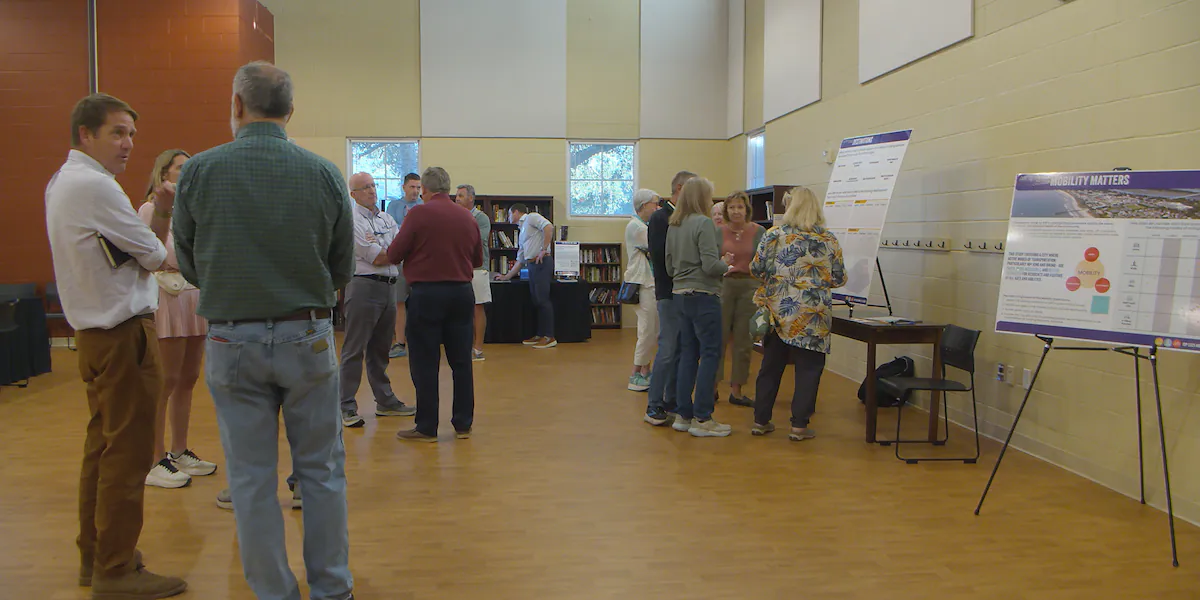Copyright businessday

This article is adapted from a presentation first delivered at the Ausso Leadership Academy Nigeria Independence Day Masterclass, where I spoke along with Nigerian business legends Juliet Anammah and Austin Okere on how Nigerian entrepreneurs and institutions can navigate today’s turbulence with resilience and foresight. The reality of economic wahala Economic uncertainty in Nigeria can come from macro factors, like unexpected regulatory changes, political transitions, recessions, or currency shocks, or from micro realities, such as community conflict, copycat competition, or sudden shifts in consumer behaviour. Over the years, drawing from both personal entrepreneurial ventures and corporate leadership experiences in Nigeria, I’ve distilled a simple but powerful framework for resilience: the 5 Ps of Surviving Economic Wahala. Read also: Group to mobilize private sector for Africa economic growth at forum Prepare & plan – anticipate shocks, build flexibility, ask “What could go wrong that we aren’t even thinking of?” Persist – endure long enough to find a path forward. Pivot – boldly shift when a model no longer works. Partner – build networks that open doors, sustain you, and keep you close to the market. Pragmatism – stay grounded in local realities, protect people and assets, and face facts squarely. “Economic uncertainty in Nigeria can come from macro factors, like unexpected regulatory changes, political transitions, recessions, or currency shocks, or from micro realities, such as community conflict, copycat competition, or sudden shifts in consumer behaviour.” Lessons from the trenches In the late 1990s, my friend James Kpanto and I started Kwalita Transport in Jos. The business grew quickly as we reinvested revenue into expanding our small fleet, employing about a dozen people. But in September 2001, the Jos crisis changed everything. Most of our drivers were non-indigenous Muslims, and they were targeted in the violence. One was killed, several were beaten, and multiple vehicles were destroyed. It was a devastating reminder that even those who had lived in Jos for most of their lives could misread the political and ethnic fault lines. We responded with pragmatism, putting people first and recognising that our assumptions about safety were wrong, and with a pivot, shifting our capital into small shops that could be locked up during crises and reopened afterward. That move preserved livelihoods and kept us afloat. Read also: NGF backs CBN’s measures to curb inflation, strengthen economic confidence The story of AfriOne in the early 2000s carried a different lesson. Alongside secondary school friends like Danladi Verheijen of Verod Capital, Houssam Azem of the Lagos Jetski Club, and Philip Mshelbila, CEO of NLNG, we launched one of Jos’s first bandwidth and internet café companies, adapting a model pioneered in Lagos by friends Mezuo Nwuneli and Paul Kalu. Demand exploded—we had 10,000 registered users in just three months, franchised outlets, and even sold VSAT bandwidth. But the success was short-lived. Copycat competitors halved prices unsustainably, and weak regulation offered no protection. We tried to pivot into phone cards and VoIP and even expanded into Abuja with a $400,000 equity investment from UBA, but that turned out to be the wrong call. In hindsight, expansion into smaller northern cities would have been wiser. The experience underscored the need for pragmatism in strategy and the value of partnerships that might have guided us toward more sustainable growth. Even though AfriOne eventually failed, it seeded Jos’s tech and music ecosystem, with employees like Jude Abaga (MI) later shaping the industry. Not all shocks are local. In 2010, Tony Elumelu faced a macro-level disruption when the Central Bank of Nigeria imposed tenure limits for bank CEOs. Counting his years at Standard Trust Bank before its merger with UBA, Tony was forced to step down at just 47. For many, this might have seemed like the premature end of a brilliant career. Instead, Tony turned it into a launchpad. He had prepared and planned for life beyond UBA, and he moved decisively to pivot into new ventures—founding Heirs Holdings and the Tony Elumelu Foundation, and taking over a controlling interest in Transcorp. His extensive partnerships across government and business gave him the momentum to quickly diversify into oil, hospitality, insurance, and agriculture. A regulatory ending became the beginning of a much larger legacy. The experience of Boston Consulting Group (BCG) in Nigeria after 2015 shows how resilience can sustain even global players. BCG entered Nigeria with the ambition of rivalling McKinsey in West Africa, but the timing could not have been worse. The Buhari presidency ushered in recession and a naira crash, creating a brutal environment for a high-cost consulting model. Rather than cut and run, BCG chose to persist. We kept the team lean, redirected resources to projects outside Nigeria, and focused on long-term positioning. At the same time, my Nigerian networks helped us partner with state governments in Taraba and Plateau, winning contracts in spaces global rivals overlooked. A carefully staged office launch projected confidence in the face of uncertainty, a prepared move that signaled to clients that BCG was here to stay. Read also: Nigeria, South Africa deepen economic ties, move to implement bi-national commission Market adaptation is another form of shock, and the clash between Lumos and Salpha Energy in 2017 illustrates it vividly. Lumos, an Israeli firm, entered Nigeria with big capital and a solar home system business model imported from Kenya. Although they grew quickly, their leadership remained abroad, their costs stayed high, and they failed to understand Nigerian consumer realities. By contrast, Sandra Dozie of Salpha Energy took a different route. She localised assembly, priced products to match consumer purchasing power, and tapped into Igbo trading networks to distribute quickly and widely. Her pragmatism and partnerships allowed Salpha to outcompete a firm with far greater resources, proving that in Nigeria, proximity and grounded strategy often trump foreign capital and hype. Finally, in 2019, the entire nascent Nigerian solar sector was facing a series of structural shocks, including the inability to realise tariff exemptions, soaring purchase and import costs, and worsening currency volatility. Individual firms were powerless against such systemic barriers. At All On, we responded by building coalitions. In partnership with the Rockefeller Foundation, we launched the Demand Aggregation for Renewable Technology (DART) programme. By pooling sector demand, providing naira-denominated loans, and accessing import duty relief at scale, we helped create collective resilience where individual firms would have failed. It was a clear demonstration that partnerships and planning can sometimes achieve what no single player can. The common thread in all of these stories is that economic wahala will always come. Sometimes it explodes in your backyard, like the Jos crisis. Sometimes it sweeps across the nation through recession or sudden regulatory change. At other times it creeps in quietly, hidden in market shifts or structural barriers. None of us can control when or how these shocks arrive. But what we can control is how prepared we are and how we respond. That is where the 5 Ps make the difference. Preparing and planning ensure we are never caught flat-footed. Persistence keeps the flame alive when everything around us is dark. Pivoting boldly allows us to turn endings into new beginnings. Partnerships remind us that no one survives alone. And pragmatism grounds our choices in reality, ensuring that we protect our people, assets, and credibility above all. These are not abstract theories. They are lessons purchased at a heavy cost—through lost capital, broken dreams, and even human life. But there are also lessons that prove time and again that resilience is possible, that businesses can rise again, and that growth can spring from crisis. If Nigerian entrepreneurs and leaders embrace these instincts, they will not only survive economic wahala but thrive in spite of it—turning shocks into springboards and crises into catalysts for transformation. That is not just good business advice; it is a survival guide for the future of enterprise in Nigeria.



